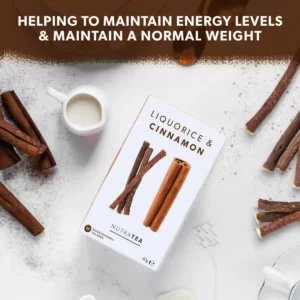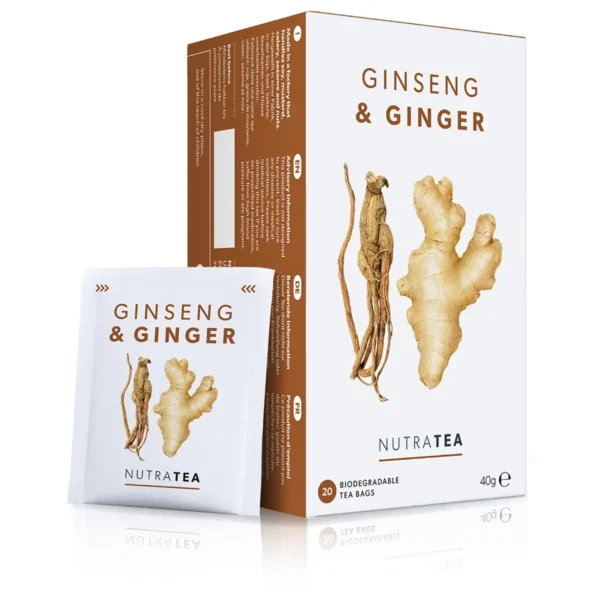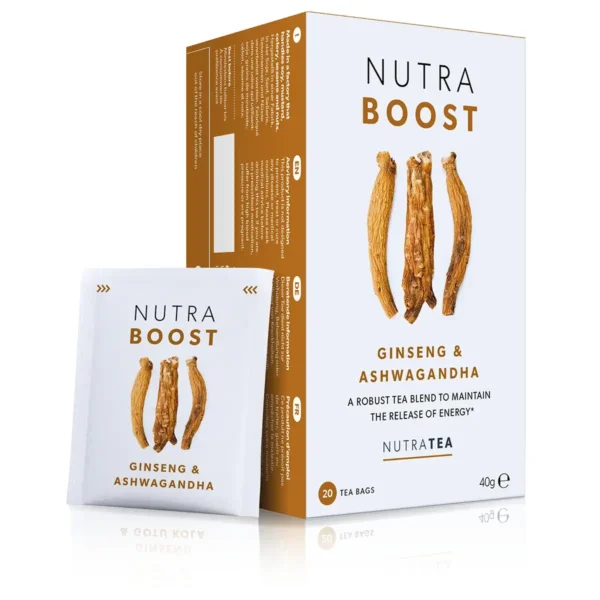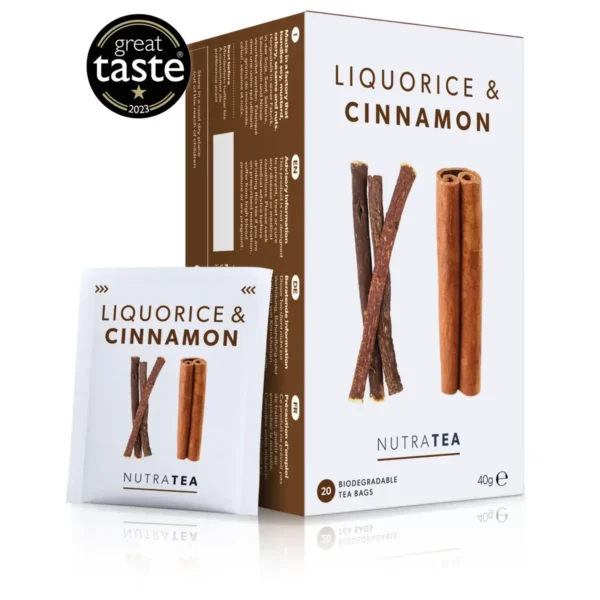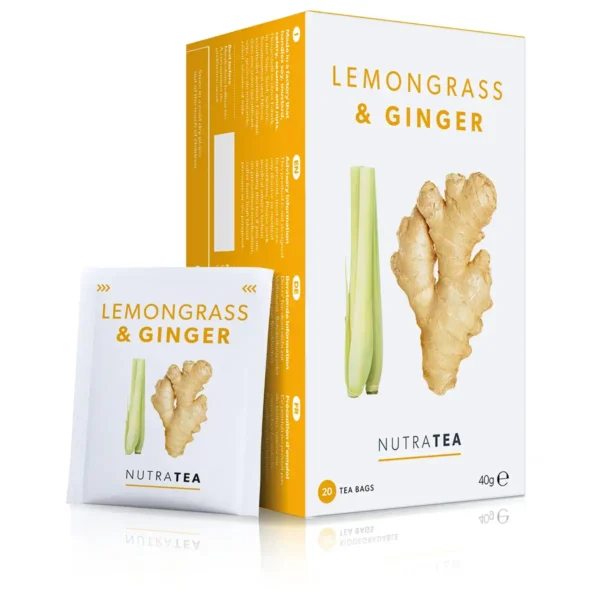NutraBlog
5 positive healthy eating food swaps to make this January
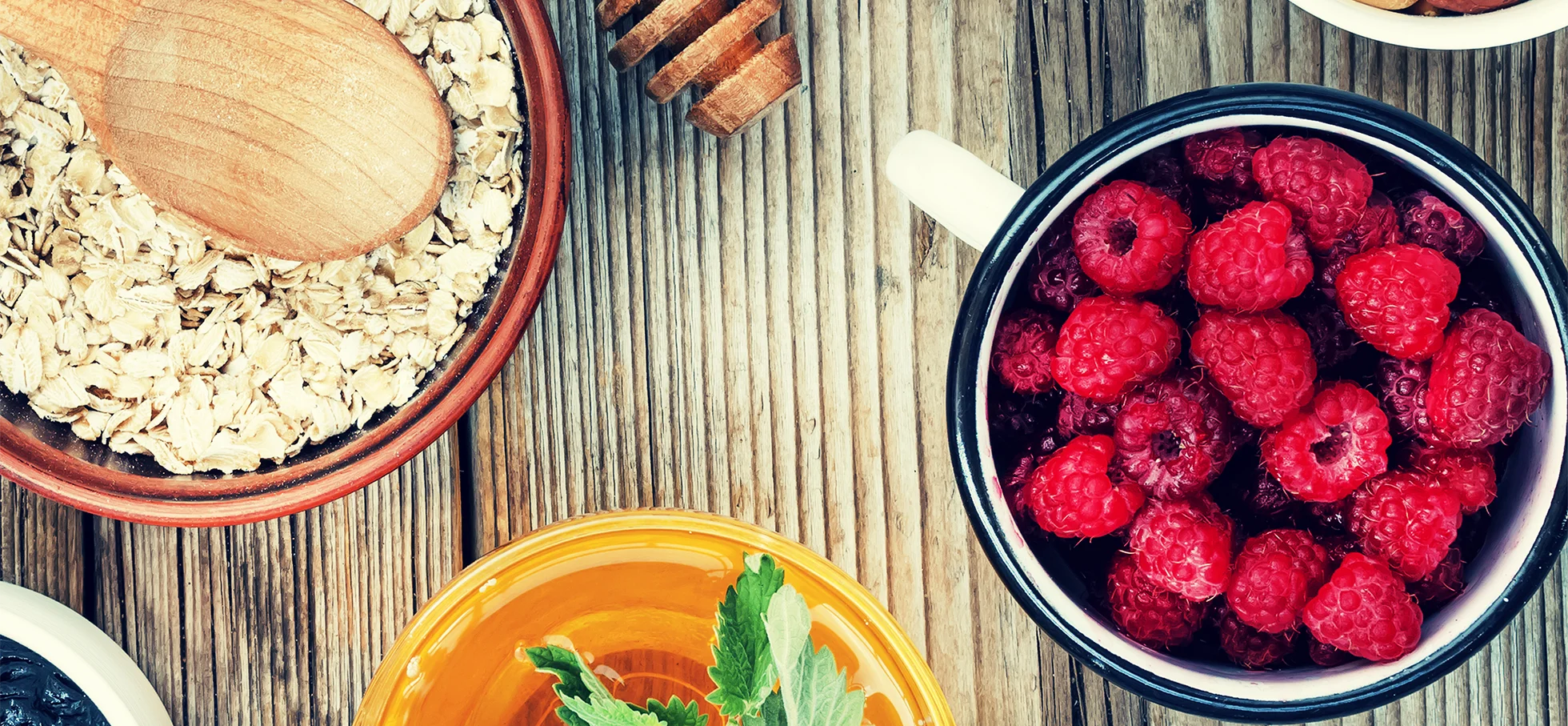
We’re here! It’s January! We’re officially in 2025 and a whole new year awaits. But, while it’s exciting to think about the year ahead, we get it if you’re not entirely full of enthusiasm after the heavy hectic festive season. With the average person easily consuming up to 6000 calories alone on Christmas day we get it if you’re not feeling too great.
You can easily change that, though, by making small incremental changes to your health. Today, see our five positive healthy eating food swaps to make you feel better in mind and body this year.
Why make healthy eating food swaps
If you want to shift the Christmas weight or get back on track, it’s better to make small and manageable changes such as swaps.
Swapping certain foods or drinks for another one can allow you to stick to sustainable changes instead of making drastic ones that you can’t continue with throughout the year.
They save you from extensive planning and preparation and make it more practical to add healthier options to your meals without feeling overwhelmed.
5 healthy eating food swaps to consider
To get you started on the right path towards making sustainable changes to your diet this year, here are 5 healthy eating food swaps to think about:
1. Go for whole grains!
Ditch refined carbohydrates such as bread, pasta, chips,crackers , white rice, and processed carbohydrates for wholegrains. Wholegrains like brown rice, popcorn, quinoa, buckwheat, and more can be more beneficial and appetite-friendly for your body. Because they’re rich in fibre, they can help you stop overeating, helping support weight management, and are more nutrient-dense than refined carbohydrates.
2. Think smartly with your snacks
How often do you snack? Without knowing, snacks can be major culprits when it comes to an unhealthy lifestyle. A lot of snacks are packed with energy and sugar and lack nutrients. In other words, they’re high in calories but serve little nutritional benefits to your body. To give you an idea of some common healthy eating food swaps to make, try swapping the following:
- Crisps: Air-popped popcorn, home-cooked ones or nuts
- Cereal: Whole grain cereal with fresh fruit
- Sweets: Dried fruits like apricots or raisins
- Chips: Sweet potato chips or courgette chips
- Icecream: Frozen yoghurt
- Soda: Sparkling water with fresh fruit or herbs
- Biscuits: Oatmeal cookies made from natural sweeteners
- Yoghurt: Swap for low fat greek yoghurt
3. Sweet potatoes instead of white potatoes
Yes, we did mention it slightly before, but potatoes deserve a section on their own. In fact, they’re everywhere in our Sunday roasts, casseroles, pies, salads and more. You can’t really run away from them in British meals. But, if you are planning to cook a meal or eat one with potatoes, swap the white potatoes for sweet potatoes.
Sweet potatoes are high in vitamins A and C, packed with fibre, and have a low glycemic index, which allows you to maintain steady blood sugar levels. They are also high in antioxidants, protecting your body from free radicals.
4. Herbal tea for coffee
Are you a coffee or caffeine junkie? We understand how tasty yet addictive it can be. But, in reality, drinking too much coffee can trigger anxiety, stress levels, alertness at night , insomnia, depression and mental health issues. One healthy swap you can make this new year is by switching your caffeine based drinks for low or zero caffeinated beverages such as herbal teas.
To get you started, here are 4 herbal teas you might want to try:
Ginseng & Ginger
Ginseng & Ginger is a caffeine-free herbal tea that can help maintain energy and provide a boost for January. Ginseng supports brain function and mood, helping you stay on track with your positive habits. Ginger is high in antioxidants, supporting your immune health, and it is a must during the next few months of winter.
Liquorice & Cinnamon
Liquorice & Cinnamon can be a great tea to try instead of coffee, potentially helping you have more energy and clarity in your daily life. Liquorice is known to support joint health, immune health and mental function. Whereas cinnamon is high in antioxidants and may help reduce inflammation lowering your risk of chronic disease and other conditions.
Lemongrass & Ginger
Lemongrass & Ginger is a citrusy herbal tea that packs a punch, awakening your taste buds on a cold winter day. Making a switch to this herbal tea can help your healthy habits as lemongrass is high in anti inflammatory, antimicrobial and antimicrobial properties, reducing your body’s risk of infections and optimising the role of many functions and processes, allowing your body to adapt more easily to healthy swaps. Ginger is also high in antioxidants and can help support your immune function.
Nutra Boost
Another herbal tea you might want to try is Nutra Boost. This premium blend contains green tea, ginseng, liquorice, gotu kola, guarana, astragalus, ashwagandha, rhodiola and mace and is low in calorie. These ingredients work together to support your mental focus and fight fatigue, helping you feel more alert and calm to make more positive healthy eating food swaps.
5. Fizzy Drinks for Infused Water
Again, we did slightly mention it before, but whenever possible, switch your sodas or processed fruit juices for fruit-infused water. Many of these drinks contain high amounts of sugar and a lot of calories you’re putting in your body. Instead, drinking water infused with fruits can not only be tasty, but also hydrating is a refreshing alternative.
Wrapping up healthy eating food swaps
To conclude, remember if you aim to make resolutions for the year ahead always opt for small and steady changes. Going for small healthy eating food swaps can help you stay on track and motivated to be consistent with your goals.
Whenever possible, go for whole grains, eat smartly, ditch the fizzy drinks, eat natural foods and try herbal tea instead of coffee.
Want to know more about staying on track of your health this year? Check out our post on 5 suggestions for a healthy new years resolution.


